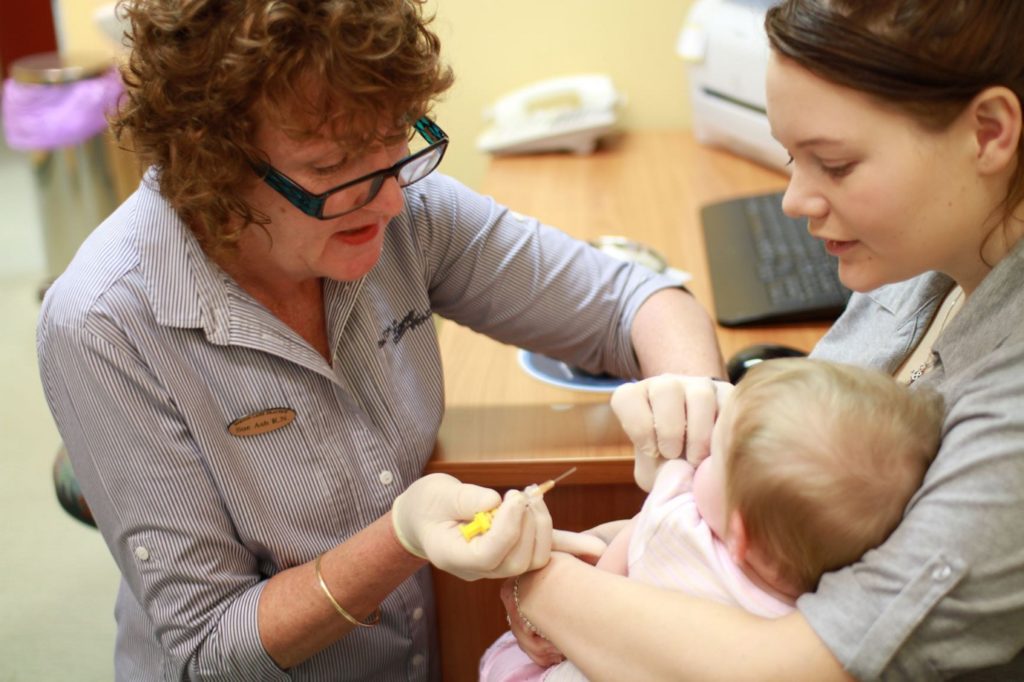On International Nurses Day, there’s never been a more crucial time to recognise the essential work nurses do. We’ve seen just how vital nurses are on the frontline of the COVID-19 pandemic, but their work should be lauded everyday in general practices and community health settings.
Nurses are the most trusted and respected health professionals in Australia but new research reveals that many primary health care nurses feel they are being prevented from reaching their full potential.
The Australian Primary Health Care Nurses Association (APNA) surveyed more than 1,600 nurses from general practices and other community health settings and found that nearly half of the nurses felt their skills aren’t being fully utilised in their role.
That’s despite 81 per cent of nurses being highly experienced, with an average of 21 years in the nursing profession.
52 per cent of nurses surveyed had asked their employer if they could undertake more complex clinical activities or extend their role in the workplace based on their training or qualifications.These requests had been met with mixed responses from employers or managers, with 30 per cent having their suggestions refused.
The survey also found that a lack of recognition is an ongoing challenge for many primary healthcare nurses, with more than half saying they had not had a formal and documented work appraisal in the last two years.
There remains a significant gap between what nurses are paid and the value they provide to the health and well being of the community. 45 per cent of surveyed nurses said they were dissatisfied with their pay.
Why nurses can do more
According to the survey, 43 per cent of nursing respondents had completed or were working towards postgraduate qualifications in 2019.
Many nurses are additionally qualified to practice in a variety of advanced roles including as a nurse immuniser (48.8 per cent), in cervical screening (19.2 per cent), in chronic disease management (14.4 per cent), as an asthma or respiratory educator (8.5 per cent), and as a diabetes educator (5.5 per cent).
While many nurses said they would like to do more, especially in areas like disease management and education, the primary activities they undertake on a daily basis are more likely to include infection control, wound care, patient triage, and cold chain management.
“Primary health care nurses are ready, willing and able to make a difference,” says APNA President Karen Booth.
“They must be empowered to work to their full potential as Australia faces the twin challenges of an ageing population and rising rates of chronic disease beyond COVID-19.”
Booth says its worth reflecting on the fact that nurses are rated by the Australian community as the most trusted and respected health professionals.
“They are trained to make key decisions that affect the recovery and continued wellness of patients. So, what’s the hold-up?”
In recognition of International Nurses Day, Australian musician Delta Goodrem has released a new video of her song ‘Together We Are One’ with nurses from St Vincent’s Hospital in Sydney.
“Nurses are the first in line to care for us. They are our communicators and companions in a crisis. They are teachers, advocates, critical thinkers, researchers and innovators,” Goodrem said.
“I am always struck by their humility, their humanity and their commitment to looking after us. You are the heart of soul of the Hospitals and we thank you!”


